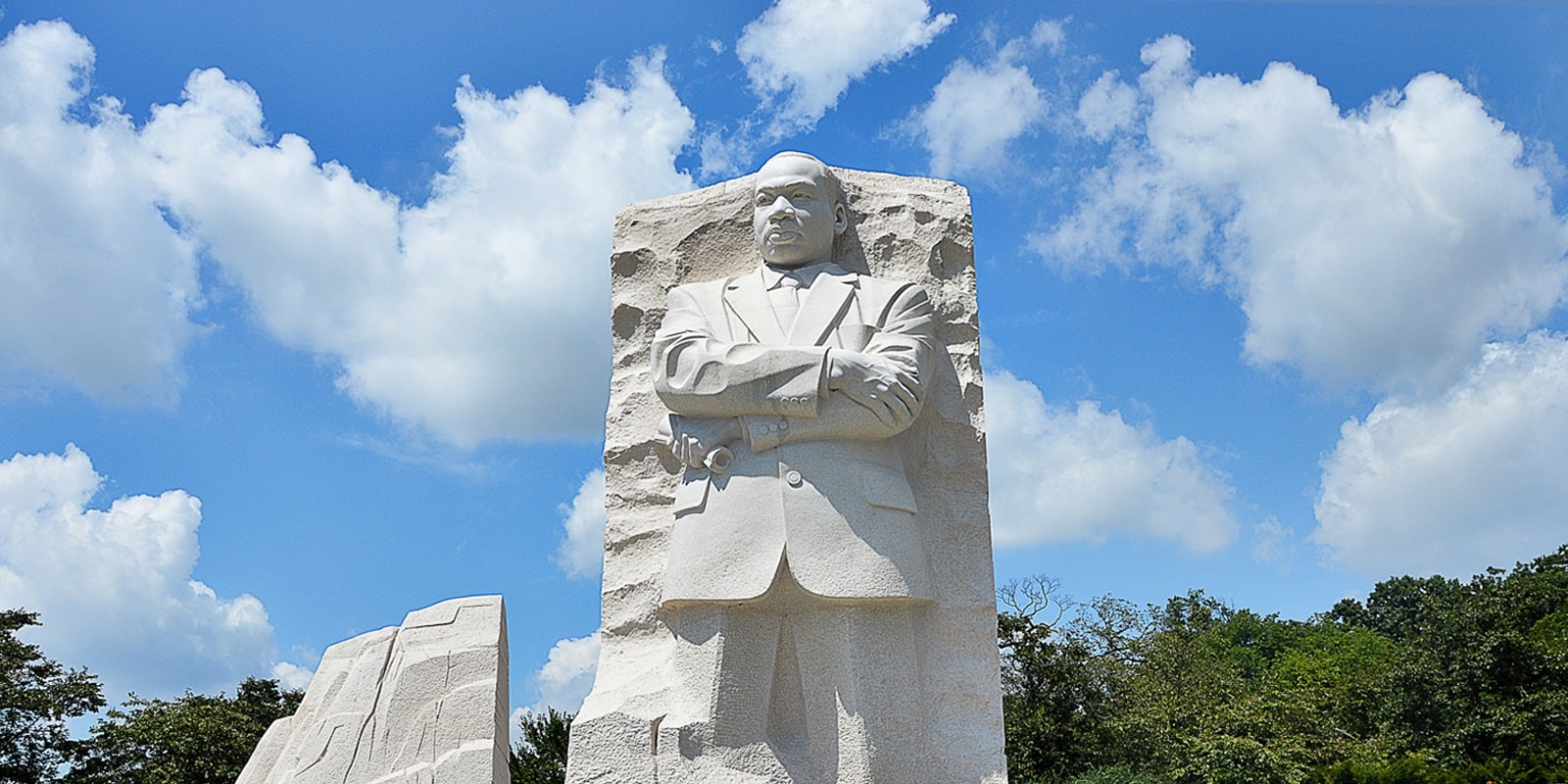Today, we’ll be exploring the top ten verses related to the cultural mandate. The cultural mandate describes God’s purpose for creating humanity, and is given in Genesis 1. God created humanity to have dominion and to cultivate the earth in righteousness. There are many other passages that could have been considered, but for this article we’ve chosen to highlight passages that trace the cultural mandate and the theme of dominion as it relates to God’s covenants with his people particularly. In this way, we can see how Christ has fulfilled the cultural mandate and is establishing righteous dominion on the earth through the work of his saints.
Genesis 1:26-31
Then God said, “Let us make man in our image, after our likeness. And let them have dominion over the fish of the sea and over the birds of the heavens and over the livestock and over all the earth and over every creeping thing that creeps on the earth.”
So God created man in his own image, in the image of God he created him; male and female he created them.
And God blessed them. And God said to them, “Be fruitful and multiply and fill the earth and subdue it, and have dominion over the fish of the sea and over the birds of the heavens and over every living thing that moves on the earth.” And God said, “Behold, I have given you every plant yielding seed that is on the face of all the earth, and every tree with seed in its fruit. You shall have them for food. And to every beast of the earth and to every bird of the heavens and to everything that creeps on the earth, everything that has the breath of life, I have given every green plant for food.” And it was so. And God saw everything that he had made, and behold, it was very good.
The cultural mandate, also called the creation or dominion mandate, describes God’s purpose for humanity: to be fruitful and multiply, fill the earth and subdue it, having dominion over the created world in obedience to God. God is the Creator and the High King, but he has also delegated ruling authority to humanity as a royal race, created to reflect his image. God intends the world to be filled with his living images.
Just as God created the world and humanity in his own image, men and women are also tasked by God to bring forth children after their own image in marriage (Gen. 5:3). As God brought forth abundance and life in creating the world, humanity is to subdue (better translated as cultivate) the world God created, like gardeners tending their garden and shepherds tending their sheep. God created the world with vast potential, but has given humanity the task of taking the things he created and discovering new creative uses, for the good of the world and the glory of God.
God is the good King and humanity was created as a royal people. In obedience to God, the world would flourish under human leadership. In disobedience to God, however, the world has become filled with societies that practice evil.
Genesis 2:5-9, 15-17
When no bush of the field was yet in the land and no small plant of the field had yet sprung up—for the Lord God had not caused it to rain on the land, and there was no man to work the ground, and a mist was going up from the land and was watering the whole face of the ground— then the Lord God formed the man of dust from the ground and breathed into his nostrils the breath of life, and the man became a living creature. And the Lord God planted a garden in Eden, in the east, and there he put the man whom he had formed. And out of the ground the Lord God made to spring up every tree that is pleasant to the sight and good for food. The tree of life was in the midst of the garden, and the tree of the knowledge of good and evil…
The Lord God took the man and put him in the garden of Eden to work it and keep it. And the Lord God commanded the man, saying, “You may surely eat of every tree of the garden, but of the tree of the knowledge of good and evil you shall not eat, for in the day that you eat of it you shall surely die.”
Genesis 2 shows us a bit more about the cultural mandate. Adam’s first task was as a priest—to “work” and “keep” the garden, using the same language that describes the priests’ work in the tabernacle and temple (Numbers 3:7-8; 8:26; 18:5-6). Adam was the first high priest and the garden is the first “holy of holies” where God walked with his people (Lev. 26:11-12; Ex. 29:45; Ez. 37:27), and Adam was responsible to ensure that no evil be allowed to enter the sanctuary of the garden. We too are called God’s Kingdom of priests and are called to work to keep evil from invading the places where we have influence (1 Pet. 2:9; Rev. 1:6, 5:10). But Genesis 2 also shows us that, by design, certain aspects of the creation only come about through the cooperative work of humanity and God. Certain plants were only to come up once there was a “man to work the ground” as God “caused it to rain.” God shows Adam the task he intended him to continue, planting the garden while Adam observed. As God cultivated the garden, humanity was to go forth from Eden, being fruitful and filling the earth, until the rest of the world had been cultivated.








